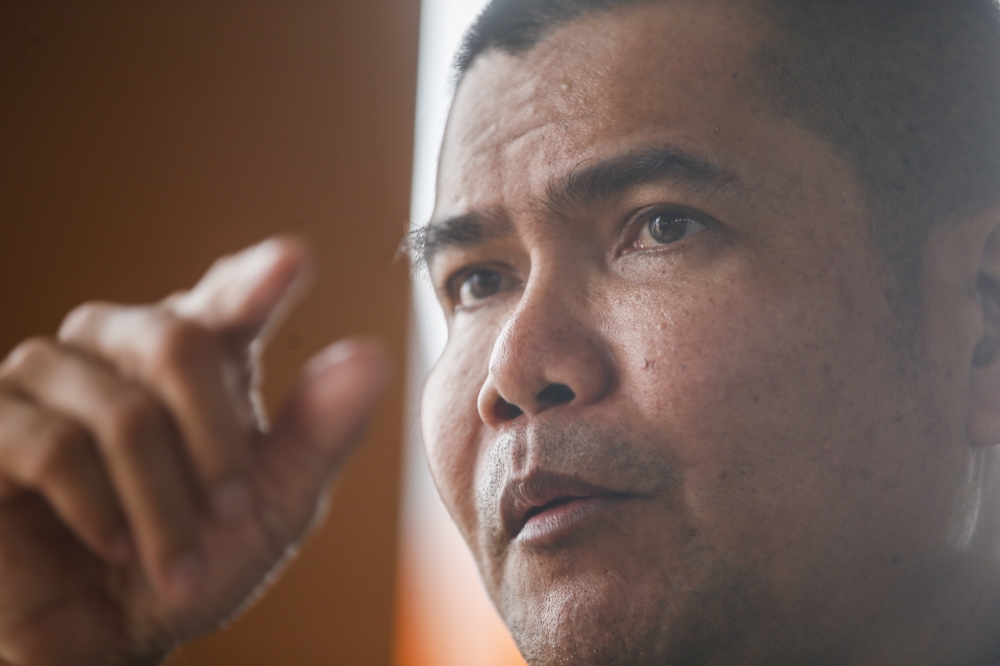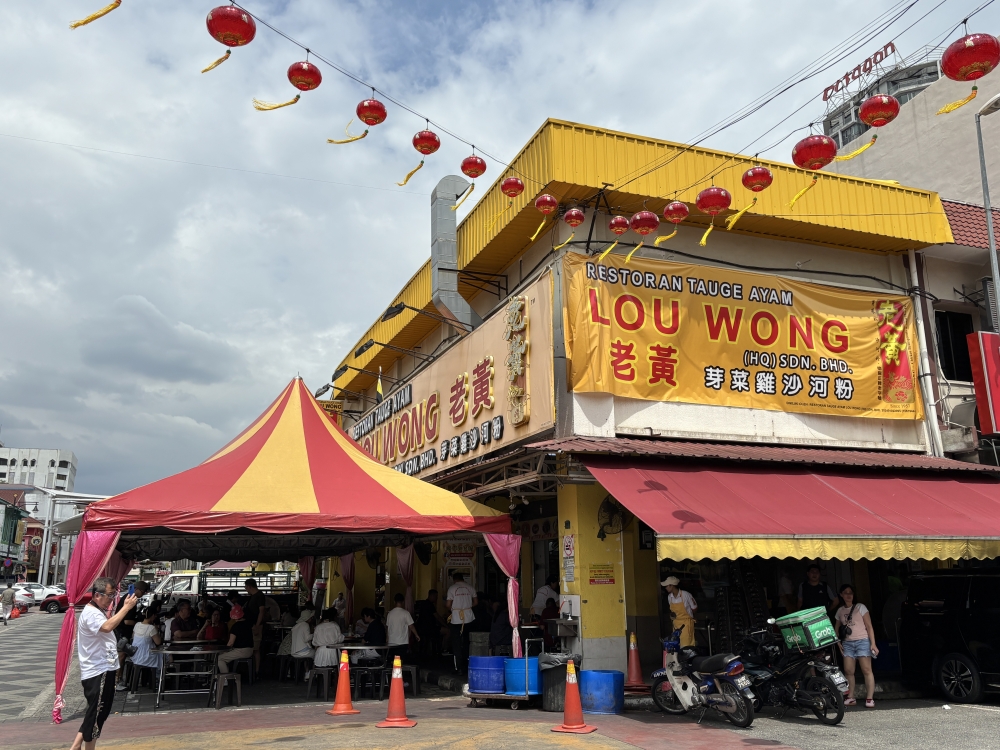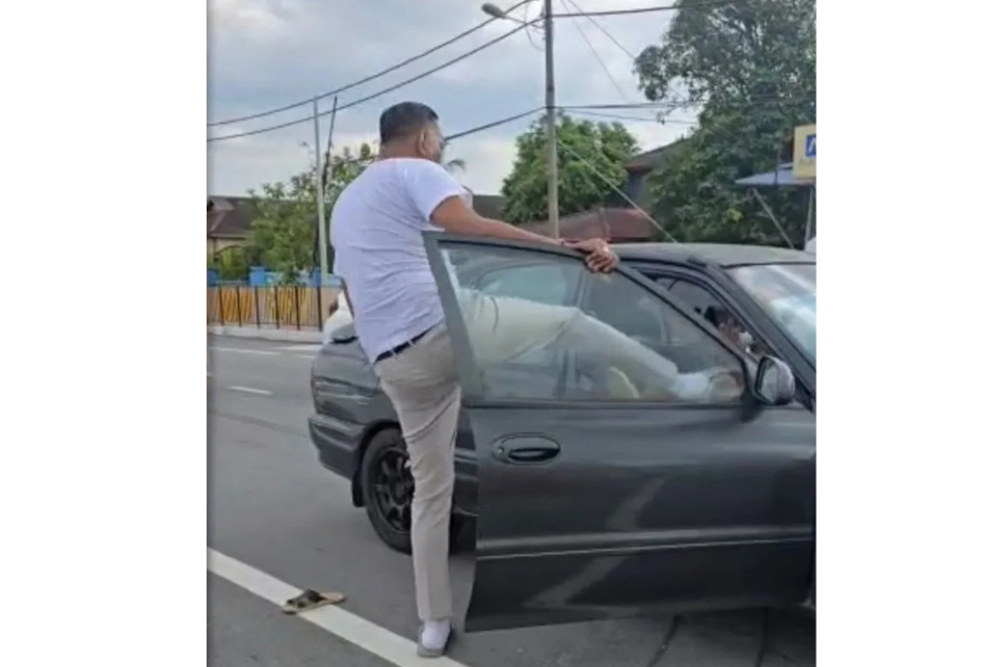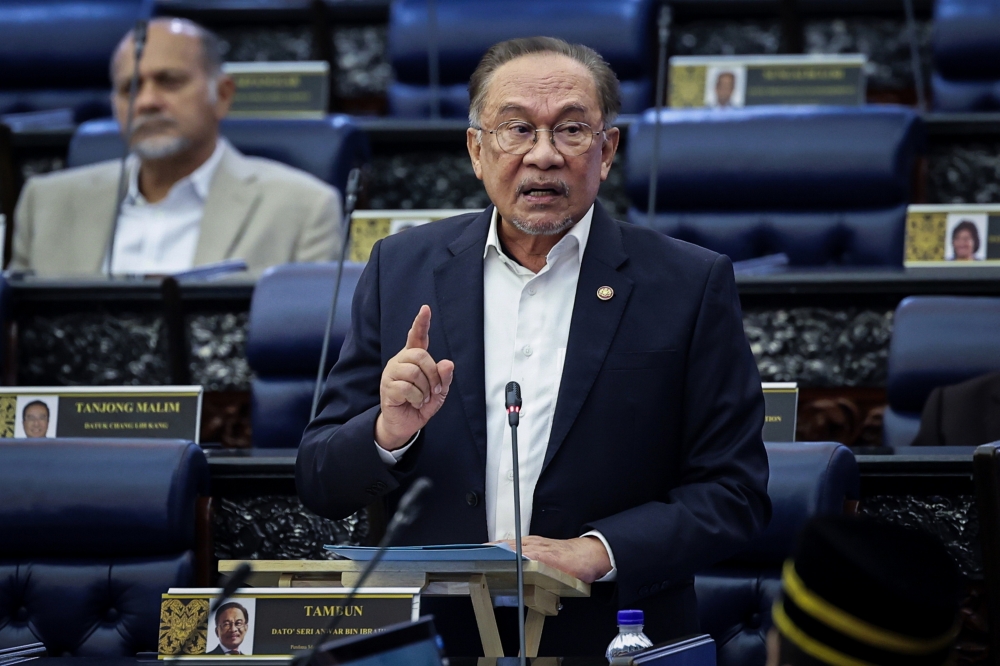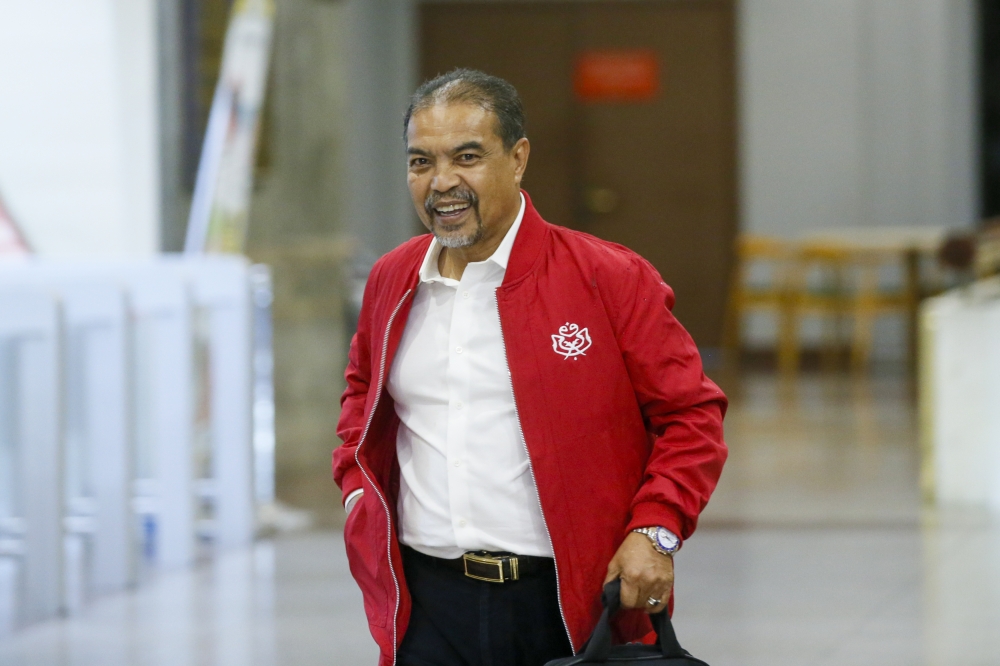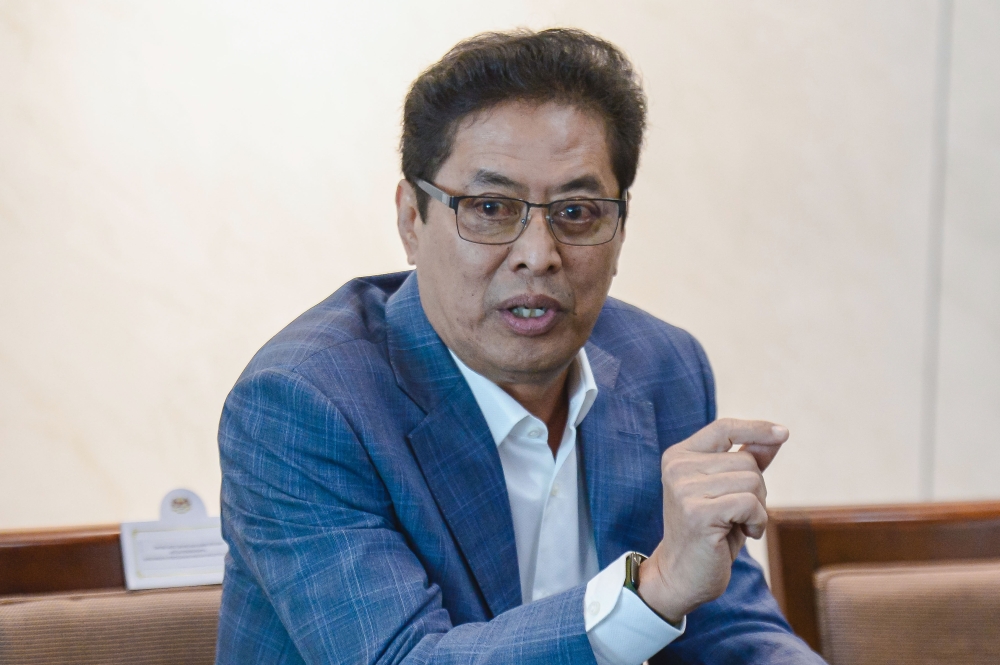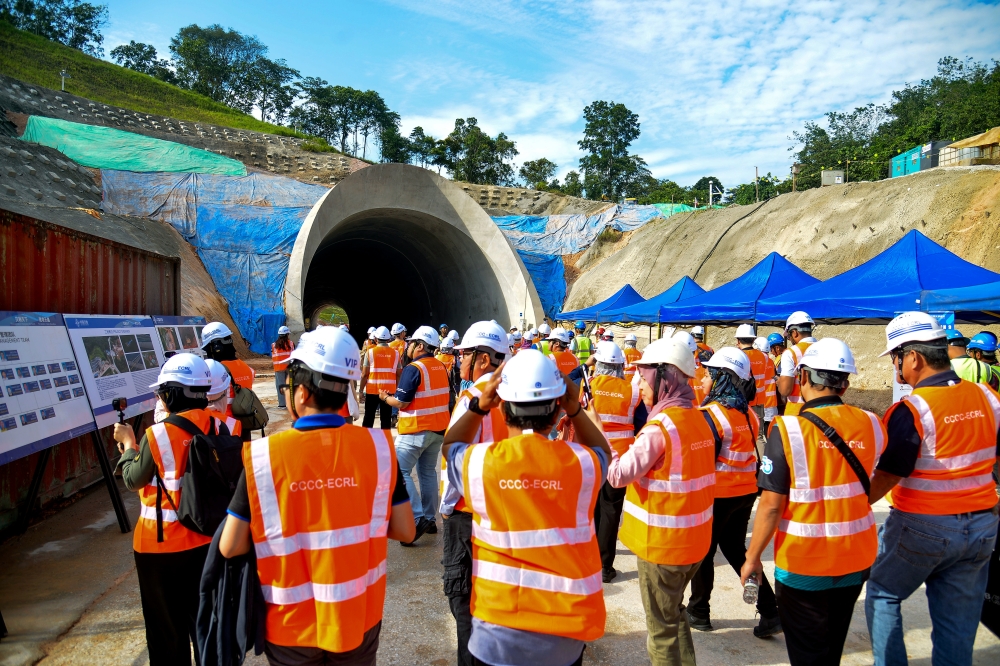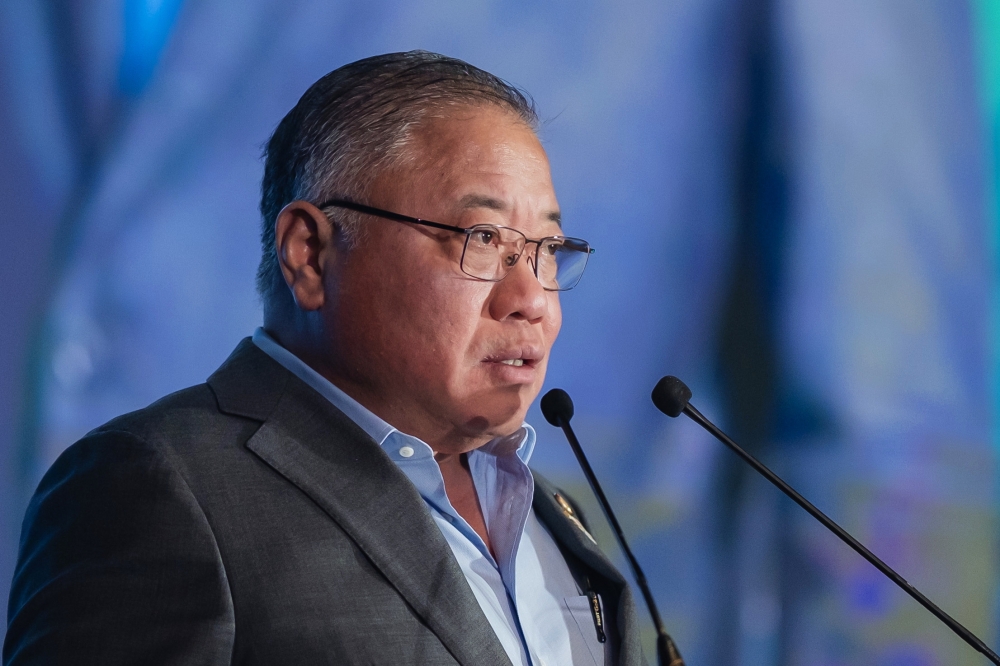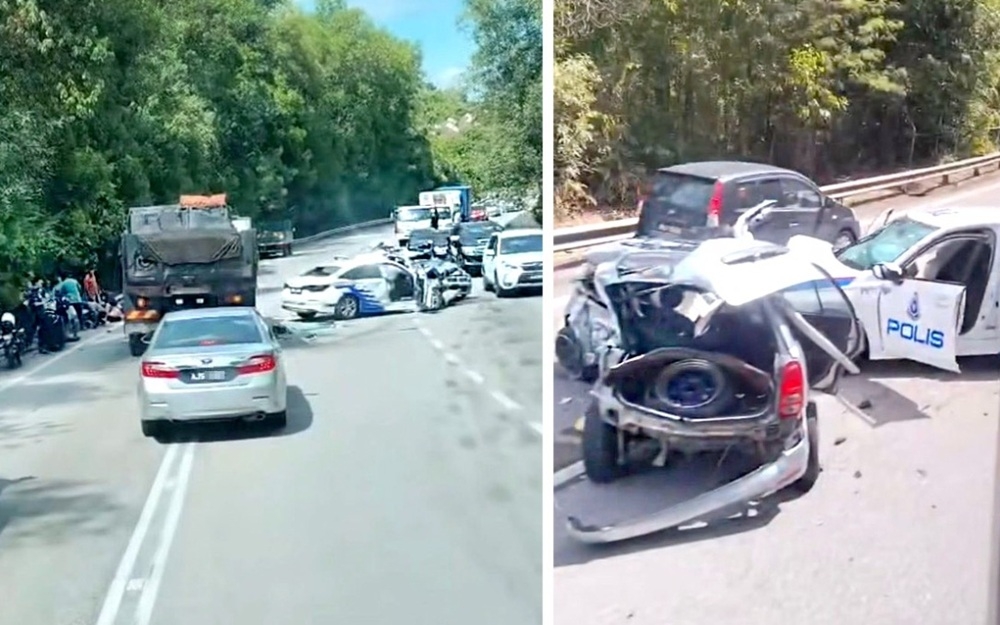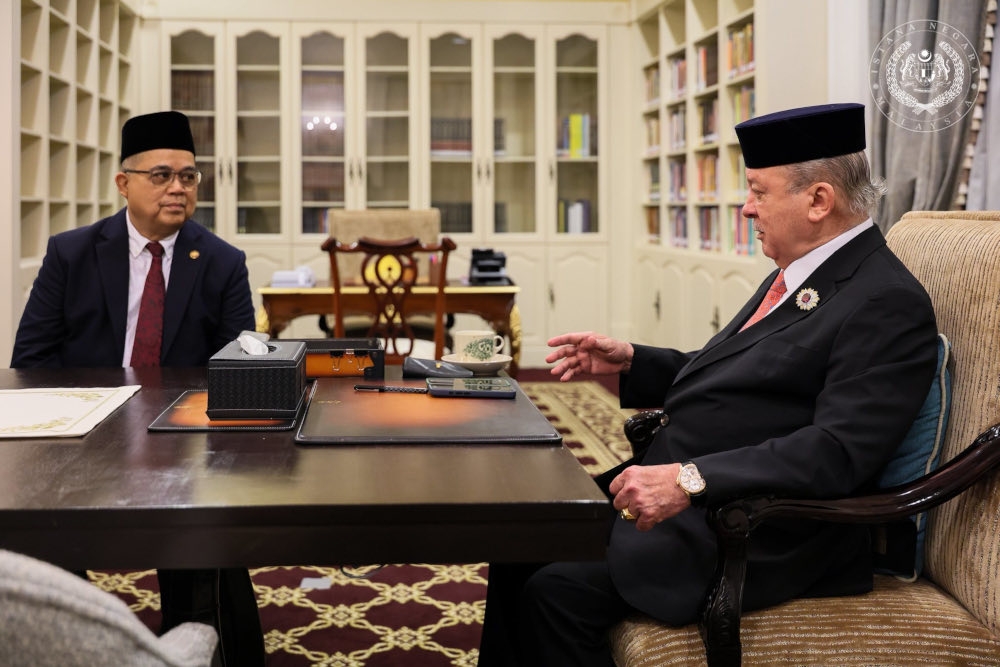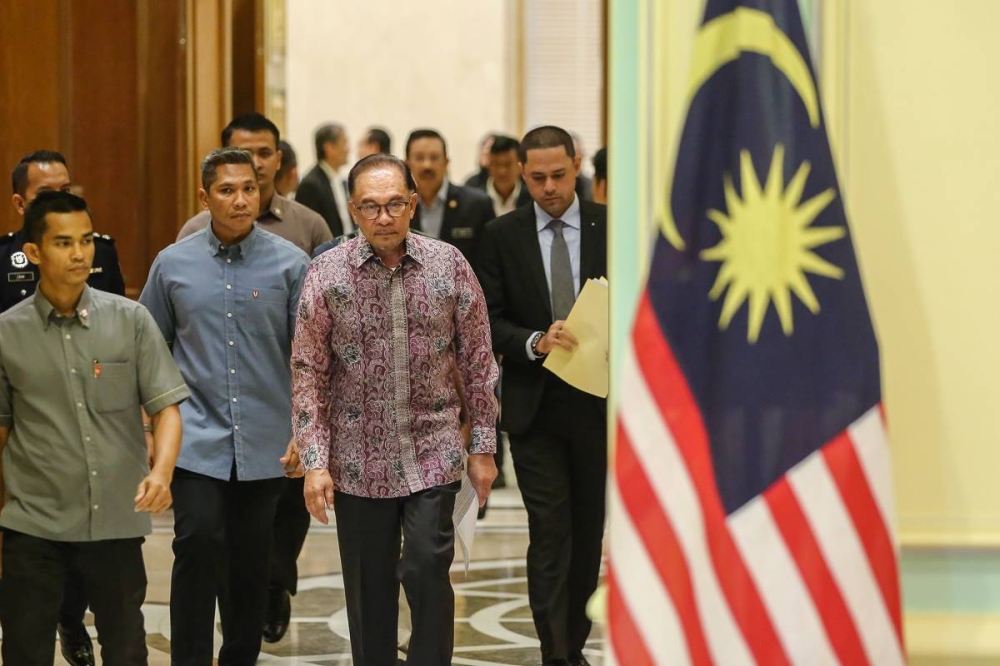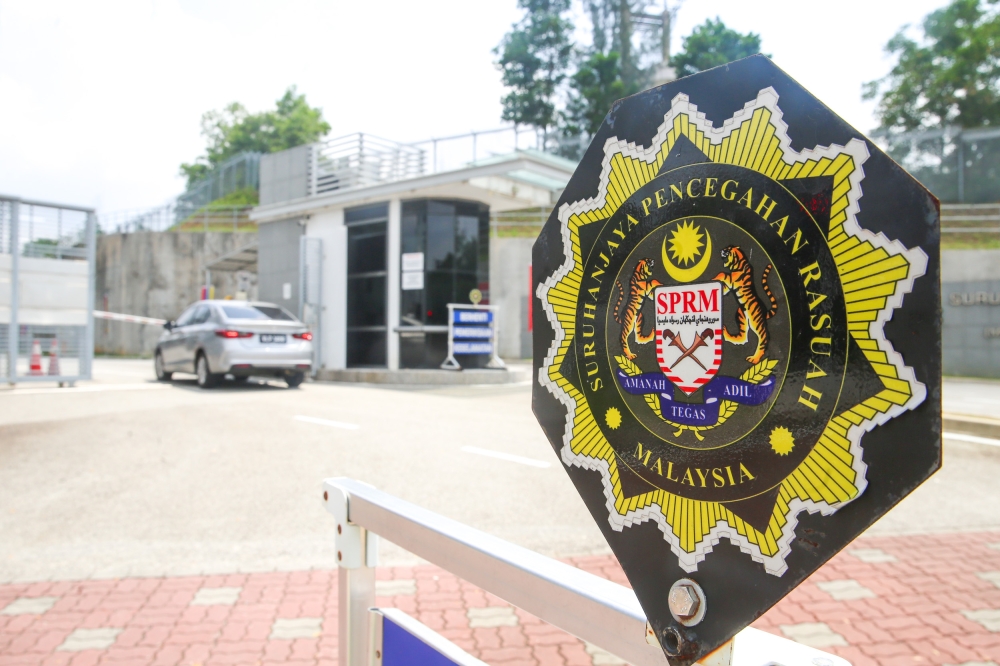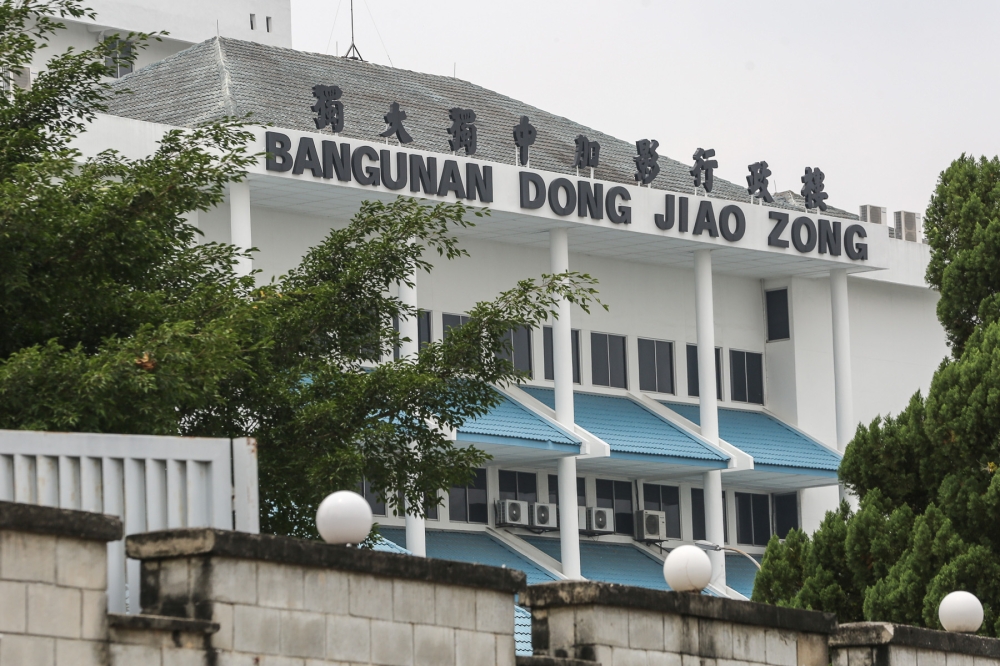KUALA LUMPUR, Nov 28 — The national unity government will be more resilient than the Pakatan Harapan administration of 14th general election despite its diverse composition, said analysts.
Universiti Malaya sociopolitical analyst Awang Azman Awang Pawi said the support from Barisan Nasional, Gabungan Parti Sarawak, and Gabungan Rakyat Sabah meant the coalition government was likely to fall from the withdrawal of any one of these.
However, he said this source of stability could also cause political gridlocks in the administration when it came to reforms.
“The coalition government does have different ideologies.
“For example, PH is seen as more progressive, while BN are moderates, but I think if they can join their ideas together for the betterment of the country, this would really increase that confidence that this government is stable,” he said.
In 2020, the PH administration collapsed when Bersatu left the coalition along with 11 federal lawmakers from a rogue faction from PKR, plunging the country into almost three years of political uncertainty.
Senior Fellow at the Nusantara Academy for Strategic Research Azmi Hassan said there would be even more stability if there were a formal agreement laying out the length and extent of the coalitions’ support for Prime Minister Datuk Seri Anwar Ibrahim.
“Usually there is a supply and confidence agreement where parties agree to pass certain policies, but I think the timeline needs to be put down on ink and paper.
“For example, (if) they will support PH for three years, then this will give a good chance for Anwar to perform,” he said.
However, analysts were split on whether PH would be able to make all the policy reforms promised before the 15th general election.
PH pledged several institutional reforms such as a Fixed Parliament Term Act, the formation of a special committee to vet nominees of major appointments such as the attorney general, and the establishment of a Parliamentary Budget Office.
PH politicians also pushed for various policy changes, with former deputy women, family and community development minister Hannah Yeoh consistently campaigning to end child marriages in Malaysia.
Azmi said some of the pledged reforms should not draw objections from PH’s new partners, but others might not resonate or could even lead to active opposition.
“In fact, BN even in its manifesto put out two institutional reforms, which was to have a parliamentary select committee to review the appointments of the head of the Election Commission and the Malaysia Anti-Corruption Commission,” he said.
Universiti Sains Malaysia political science professor Ahmad Fauzi Abdul Hamid was more conservative in his view, saying PH would have to “compromise and prioritise” on reforms that all components in the coalition government agree on.
“For instance, on institutional reforms, Anwar could advocate the separation of duties and personas between the attorney general and public prosecutor.
“But on more contentious things on which PH and right-wing conservatives in government might disagree on, he'd better wait for a better time when PH's strength in Parliament has numerically improved.
“He has, after all, said that his priority at this point of time lies in the economy,” said Ahmad Fauzi.
PH won the most seats of any coalition in GE15 but was still short of the 112 needed for a simple majority to form the government on its own.
After several days of negotiation, it finally reached an agreement for a coalition government with BN and GPS, with GRS joining later.

